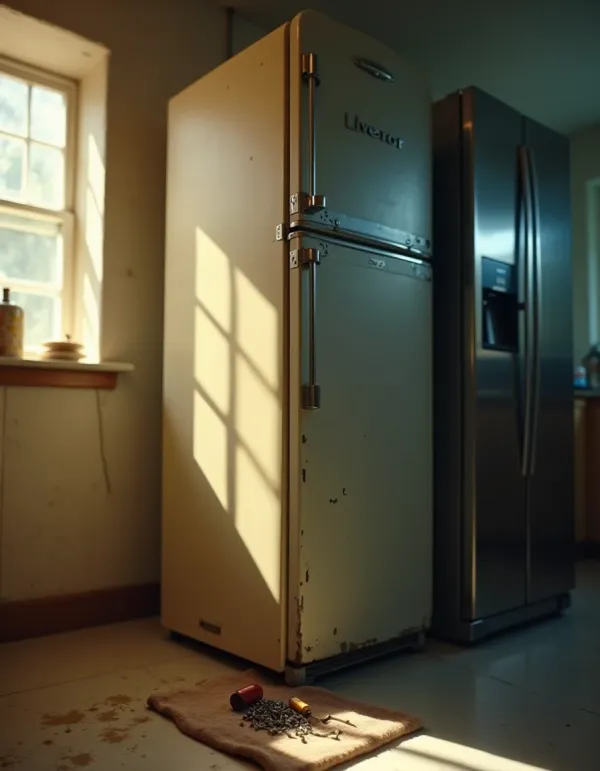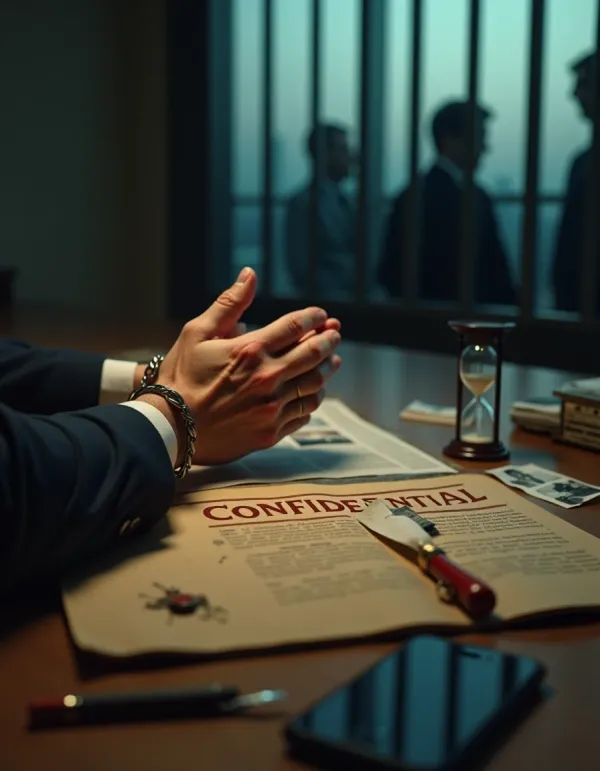When Your Best Friend Rushes Into Marriage: What to Do Without Burning the Bridge
You told your best friend not to rush into marriage — this quick guide shows how to speak up once, stay supportive, spot warning signs like isolation or control, and prepare a safety plan if things go wrong.

Here’s the situation in plain terms: your best friend is planning to marry someone really fast, and you told her not to rush. Now you’re wondering—did you do the right thing?
Short answer: you weren’t cruel to speak up. But it’s complicated.
Why it matters
People who’ve seen this before warn that getting married too quickly can hide red flags: controlling behavior, isolation from friends and family, financial pressure, or emotional manipulation. Those things can be early signs of an unhealthy or even abusive relationship. The term domestic violence covers a wide range of behaviors — not just physical harm — and isolation is a classic tactic abusers use to gain power.
What some people recommend
- Say your piece once. Keep it honest, calm, and brief. Tell her what you’re seeing and why you’re worried.
- Then step back. Pushing repeatedly usually shuts people down. If she wants to talk later, be there.
- Don’t “I told you so.” If things go wrong, the last thing she’ll need is judgment. She’ll need support.
- Keep the friendship alive. Small, nonjudgmental check-ins keep you in her circle and able to help if things deteriorate.
- Trust your gut about danger signs like isolation, rapid control over money, or threats. Those can escalate.
Practical steps you can take
- Document concerning incidents (dates, what happened). It helps if things go badly and she needs evidence.
- Encourage professional help gently — a therapist, legal help, or domestic abuse hotlines — but don’t force it.
- Make a safety plan in case things turn abusive: safe places to go, emergency contacts, access to money or ID.
- Offer practical support: rides, a temporary place to stay, or help finding resources if she asks.
Final note
Some people will dismiss your warnings; some will be grateful later. Either way, speaking up usually comes from love. Do it clearly and once, then stay available. If you see real signs of control or danger, prioritize safety — hers and yours. You can be honest without being harsh, and you can protect both the friendship and your conscience.
Want a quick checklist to remember? Say it once, keep calm, stay available, watch for isolation, and have a safety plan ready.




